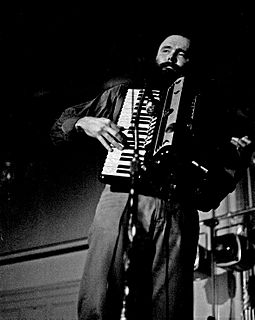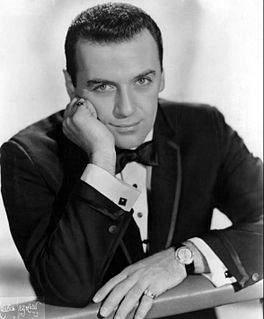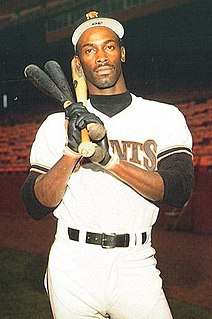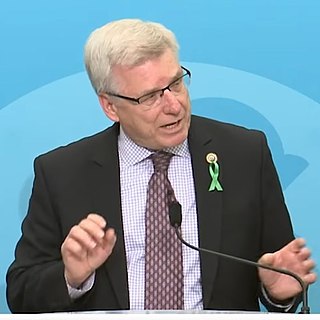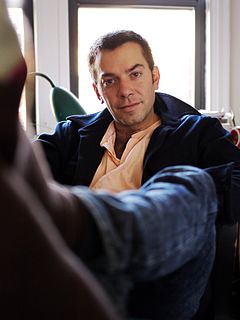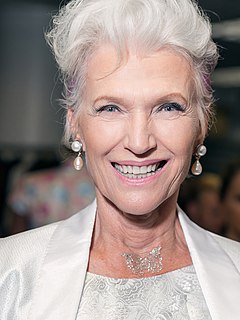A Quote by George Harrison
Because we were all from Liverpool, we favored people who were street people.
Related Quotes
I had said that Le Guin's worlds were real because her people were so real, and he said yes, but the people were so real because they were the people the worlds would have produced. If you put Ged to grow up on Anarres or Shevek in Earthsea, they would be the same people, the backgrounds made the people, which of course you see all the time in mainstream fiction, but it's rare in SF.
Early evening traffic was beginning to clog the avenue with cars. The sun slanted down behind him. Harry glanced at the drivers of the cars. They seemed unhappy. The world was unhappy. People were in the dark. People were terrified and disappointed. People were caught in traps. People were defensive and frantic. They felt as if their lives were being wasted. And they were right.
It was a melting pot in Las Vegas. You got every age level, every ethnic background, every social aura - it was an absolute Americana audience... people who were there to celebrate occasions; people who were there to gamble; people who were there because they were awed by the whole Vegas operation. Tourists.
When Basquiat was hanging out with Madonna and Fab Five Freddy, and all those worlds were colliding, people have to realize hip-hop and the arts were like this 'cause we both were outcasts: we wasn't allowed inside the galleries or inside Yankee Stadium. We were writing in the street and making music.
Not only was Dan Cooper likely an alias, but many people suspected at the time were people living under assumed names. The '50s and '60s were a time when some people were desperate to leave their lives. They felt trapped in their marriages or their jobs, and they were seeking freedom. And one of the ways to do that, because technology wasn't advanced as it is today, was just to take over somebody's name.
Go back to the Bible, the Old Testament. I mean there were people who we would call intelectuals, there, they were called prophets, but they were basically intelectuals: they were people who were doing critical, geopolitical analysis, talking about the decisions of the king were going to lead to destruction; condemning inmorality, calling for justice for widows and orphans. What we would call dissident intelectuals. Were they nicely treated? No, they were driven into the desert, they were imprisoned, they were denounced. They were intelectuals who conformed.
All those people who went out [to Occupy Wall Street] missed work, didn't get paid. Those were individuals who were already feeling the effects of inequality, so they didn't have a lot to lose. And then the individuals who were louder, more disruptive and, in many ways, more effective at drawing attention to their concerns were immediately castigated by authorities. They were cordoned off, pepper-sprayed, thrown in jail.



